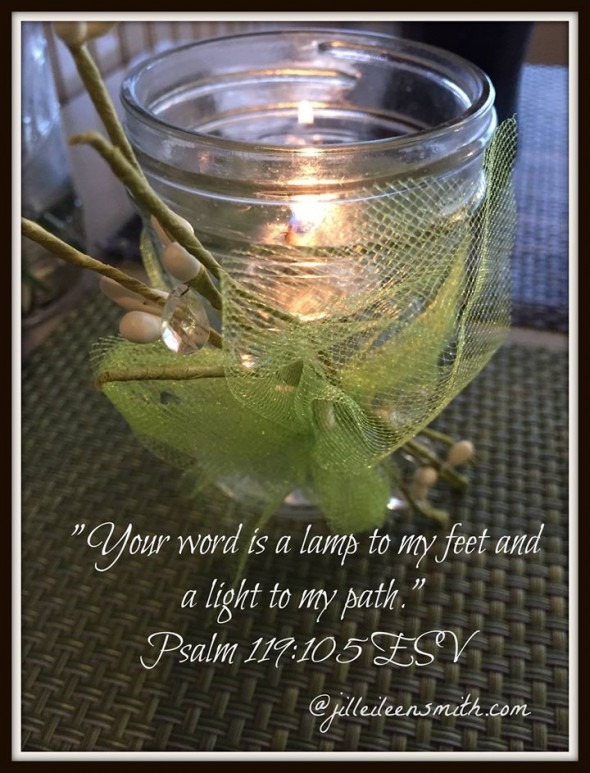

I read an article this week about the way many people today view the Bible. Since I write biblical fiction, you can imagine my interest in such a topic. The truth is, I’ve noticed a shift in the way the Bible is both handled and accepted in recent years. Even churches who claim the Bible is “inerrant in the original languages” don’t always teach it as though they actually believe the book is without error. There are a lot of people questioning its validity, its authors, its message, and so much more. I don’t have a problem with the questions. God is big enough to handle our questions. But I see a lot of conjecture and assumption based on incomplete information. And I’ll be honest, it troubles me because both those who believe in Christ and those who don’t are not always seeing a clear picture of what the Bible is.
The psalmist called God’s Word “a lamp to our feet and a light for our path.” The word picture makes me think of a flashlight or an old-fashioned lantern, but more likely the lamp was made of clay and could be held in one hand. Lamps are used often in Scripture and Jesus called Himself “the Light of the World.”
If I’m taking the Bible at face value, believing that a book that has lasted for thousands of years, written by multiple authors and yet has a unifying message, might have some value beyond that of simple literature, then perhaps seeing the Word as a light, a guide, might do me some good.
But I have to believe in its truth. And sometimes that means accepting things I don’t understand on faith. Faith seems unreasonable to those who would rely only on common sense or logic. Faith in an ancient book, believing that its words are true makes some of us considered as fools for believing it.
Call me a fool then because I write about what I believe. If I didn’t believe the Scriptures were true, I would not be writing in this genre. Why bother to try to illuminate what you believe if it’s not true? I’d be wasting my time.
But what if…what if there is a chance that the Bible is the Word of God and the light to our path? What if the word is true?
What do we do with truth?
Science may try to refute its claims. Archaeology may be behind on finding evidence of its history. But that doesn’t mean they won’t one day find that they fit together all along. God isn’t afraid of science or history. (And we shouldn’t be either.) His Word, in all its forms – the spoken creative works to the written scribal correspondence to the breath of His Son, will show itself for what it truly is. The light to guide us to truth. God’s truth. The only truth.
May we understand enough to give that light a second look, or even a third. Ask the questions. But ask God to illuminate the answers. After all, if it’s really HIS book, then an honest prayer for understanding won’t go unnoticed.